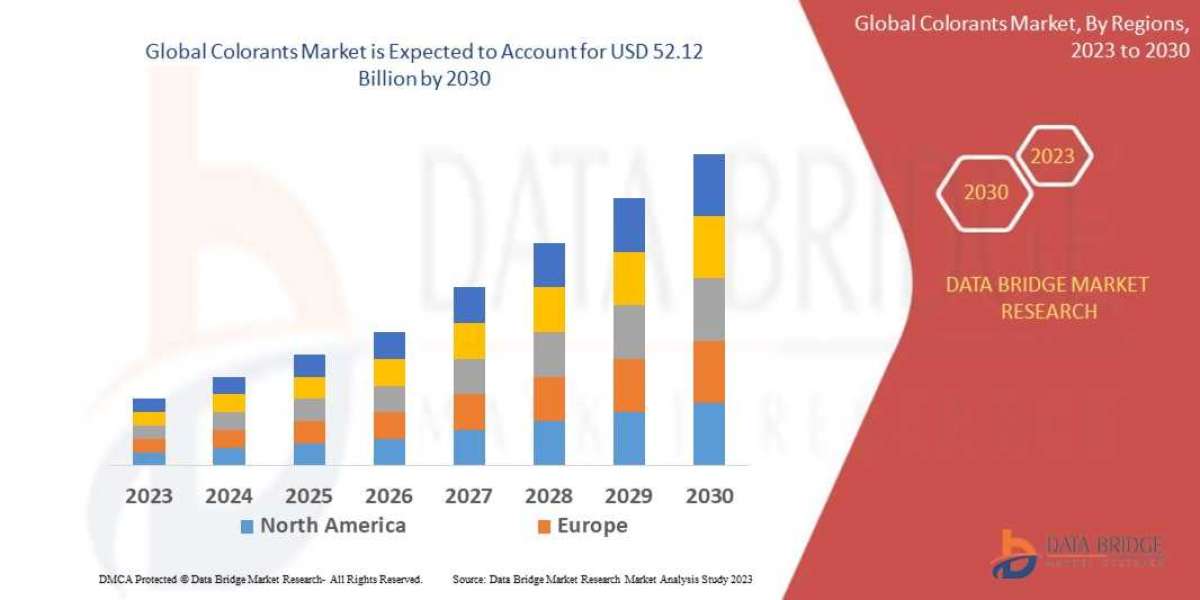Unlock the Secrets of Your Due Date: Discover the Must-Have Tools and Resources!
Knowing your due date during pregnancy is crucial for effective planning and preparation as an expectant parent. It not only helps you mark significant milestones throughout your pregnancy journey but also prepares you for the life-changing event of welcoming a new family member. With the rapidly advancing technology, many parents-to-be are increasingly relying on innovative tools and resources to assist in calculating their due date. From online calculators to mobile applications, these tools simplify the process and ensure that parents feel informed and empowered during this exciting time.

Understanding the Calculation of Due Dates
Calculating a due date is a fundamental aspect of prenatal care and is typically based on the standard 40-week pregnancy duration. Healthcare professionals often use the last menstrual period (LMP) as a starting point for this calculation. By adding 280 days (or 40 weeks) to the first day of your last menstrual period, you can estimate your due date. However, it’s important to note that this is just an estimate; only about 5% of babies are born on their exact due date. Healthcare providers may also consider factors such as ultrasound measurements and individual health circumstances to provide a more accurate due date. Understanding this calculation helps parents prepare mentally and logistically for the arrival of their little one.
Tools for Calculating Due Dates
Today, numerous tools are available to help expectant parents calculate their due dates. These range from online calculators and mobile apps to traditional physical calendars. Each type of tool offers unique benefits that can enhance the pregnancy experience. Online calculators are often user-friendly and require just a few simple inputs, such as the date of your last menstrual period or the date of conception. Mobile applications go a step further by providing comprehensive resources that extend beyond just due date calculation, allowing parents to track pregnancy milestones, monitor baby growth, and manage health tips throughout their journey.
Online Calculators
Online calculators are among the most accessible tools for calculating due dates. They operate on straightforward algorithms that utilize the user's input to provide an estimated due date. Most online calculators are designed for ease of use, where you simply enter the date of your last menstrual period and click a button to receive your due date. Many of these calculators also come with features that allow users to track other pregnancy milestones such as the trimester stages and fetal development. This can be a fun and engaging way to visualize your pregnancy journey.
Mobile Applications
Mobile applications tailored for pregnancy tracking have gained immense popularity among expectant parents. These apps often include due date calculators as one of their primary features, but they also offer a wealth of additional resources. For instance, many apps provide health tips, nutritional advice, and even baby name suggestions, making them a one-stop-shop for all things pregnancy-related. Some apps allow users to connect with other parents, creating a supportive community where experiences and advice can be shared. A friend of mine swore by her favorite pregnancy app, which not only kept her informed about her baby's growth but also connected her with other expecting mothers, providing a sense of camaraderie during her pregnancy.
Additional Resources for Expectant Parents
In addition to calculators and apps, there are countless resources available to assist expectant parents on their journey. Books dedicated to pregnancy can provide in-depth insights and expert advice that can be invaluable. Websites and forums can also serve as excellent platforms to connect with other parents and gain practical tips and emotional support. It's essential for expectant parents to seek out accurate and supportive information to navigate the complexities of pregnancy. Engaging with community forums can be particularly helpful, as they often feature real-life experiences, tips, and emotional support from those who have been through similar journeys.
Enhancing Your Pregnancy Planning with Due Date Resources
Accurately calculating your due date is vital for effective planning and preparation during pregnancy. By utilizing the various tools and resources available, expectant parents can enhance their experience and feel more informed as they approach their due date. Whether you choose to use online calculators, mobile applications, or delve into supportive literature, the key is to stay engaged and proactive throughout your pregnancy journey. Embracing these tools can help you navigate this exciting time with confidence and joy.


